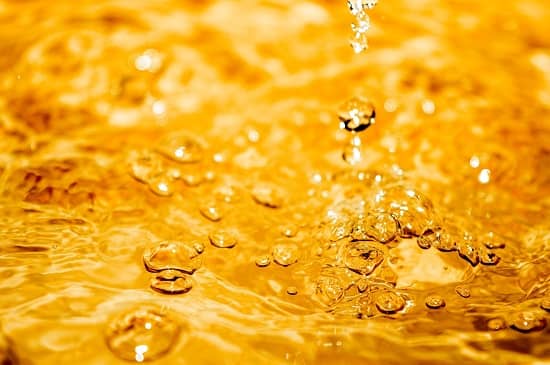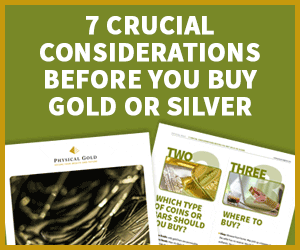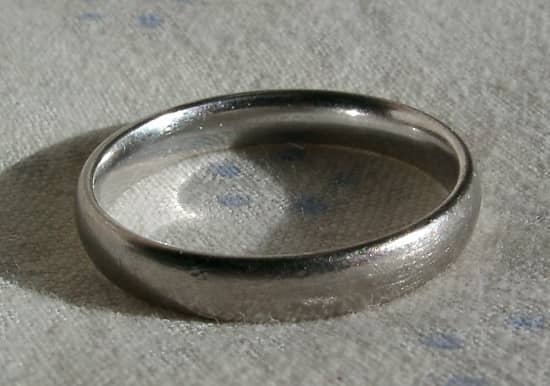Blog
What Alloys are Commonly Mixed with Gold?
The chemistry of gold makes it a unique element in the world, such that there is none like it that can be found. Many of us learnt during high school chemistry lessons that the chemical symbol of gold is Au. Gold has an atomic number of 79, which simply means that each atom of the precious metal contains 79 protons within its nucleus. The unique colour of gold, however, is not dependent on the atoms, as the colour of a metal is dependent on how electrons behave between energy bands. In the case of gold, its unique colour is based on these transitions which give the metal an unmistakable, alluring, warm lustre that humans have found irresistible for centuries.
The unique properties of gold
The purity of gold is indicated by the karat number the metal possesses. When gold is fused into an alloy with other metals, its purity decreases, as does its karat number. So, 14 karat gold has a far greater proportion of base metals than 24 karat gold, which has a purity of 999.9. Now, that leads us to an interesting question. Why is gold formed into an alloy with other metals? In reality, this has a lot to do with its usage. Gold is commonly used in making jewellery. In order to use gold to carefully craft the intricate designs of jewels, the metal needs to undergo certain changes that make the substance easier to work with.


For example, we know that pure gold is extremely soft and malleable. This means that if we manufacture jewellery using 24 karat pure gold, the products would never retain their shapes. On the other hand, pure gold is also ductile. Believe it or not, one ounce of gold can be pulled into 80 km of gold wire with a thickness of 5 microns. So, in order to make it more usable and durable, certain base metals need to be added to gold to harden it. So, as a savvy gold investor, you need to know and understand the different types of gold. Understanding its composition gives us greater insight into its characteristics and industrial usage.


The different faces of gold
The creation of gold alloys greatly affects the properties of the precious metal, which is why it’s a useful technique that has been around for years. Important properties like the colour, melting point, ductility or malleability of gold can be altered by simply adding other metals into the mix. When we add base metals like zinc, cadmium or tin, the melting point of gold is reduced substantially.
Gold has a melting point of 1063 degrees Celsius. Due to the reduction of the melting point, savings in energy costs are achieved. On the other hand, adding platinum or nickel increases the hardness of the alloy. This is essential for jewellery manufacturers, as pure gold is too soft to work with. By hardening the surface, the jewellery also becomes scratch resistant, which is an added advantage.


Changes in colour
Gold jewellery now comes in a range of fantastic colours. These colour effects are created by adding copper, palladium, silver or nickel in accurate proportions. Since these metals each have their own properties, they are able to create different hues when fused with gold. Popular gold shades like green, grey or white gold are created in this manner. An interesting example is white gold. This is created by adding rhodium. The combination not only creates a white lustre, it also makes the surface much harder, making it scratch proof. The gold-titanium alloy is another example of an innovative alloy used to make wedding rings. In this alloy, only 1% of titanium is introduced, which is enough to make it really strong and creates a lovely shimmer, along with a grey tone.
Download our FREE 7 Step cheat sheet to buying the best type of gold for investment here
Call our gold experts to find out about different types of gold
At Physical Gold, our gold experts are able to guide customers on every type of gold there is in the market. We advise customers just like you on making investments in precious metals every day. We are a reputed online gold and silver broker and all our products are sold with a certificate that guarantees its genuineness as well as a buyback promise. Call our team now on 020 7060 9992 or drop us an email and a member of our team will get in touch right away.
Image credits: Pixabay and Wikimedia Commons

